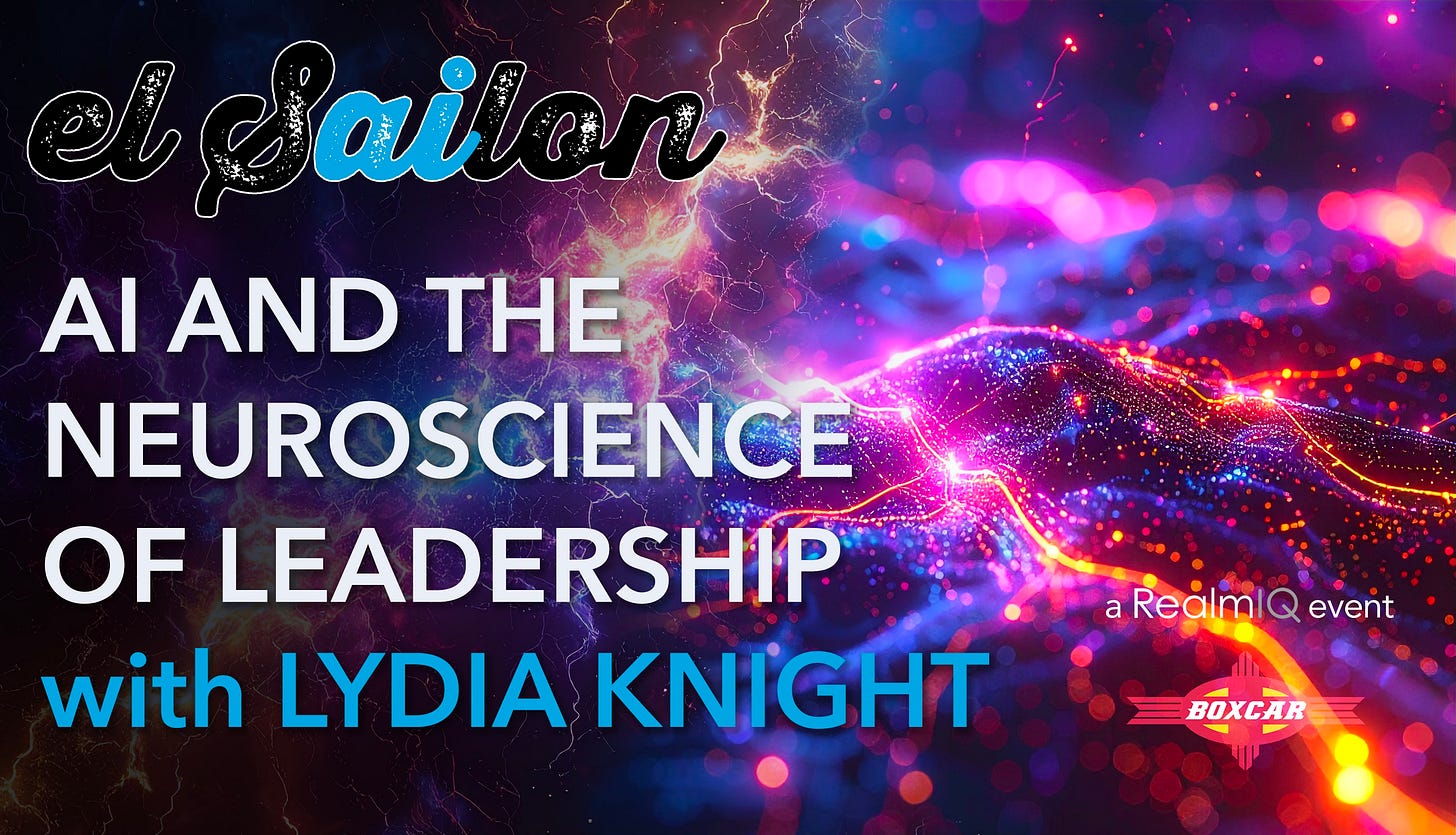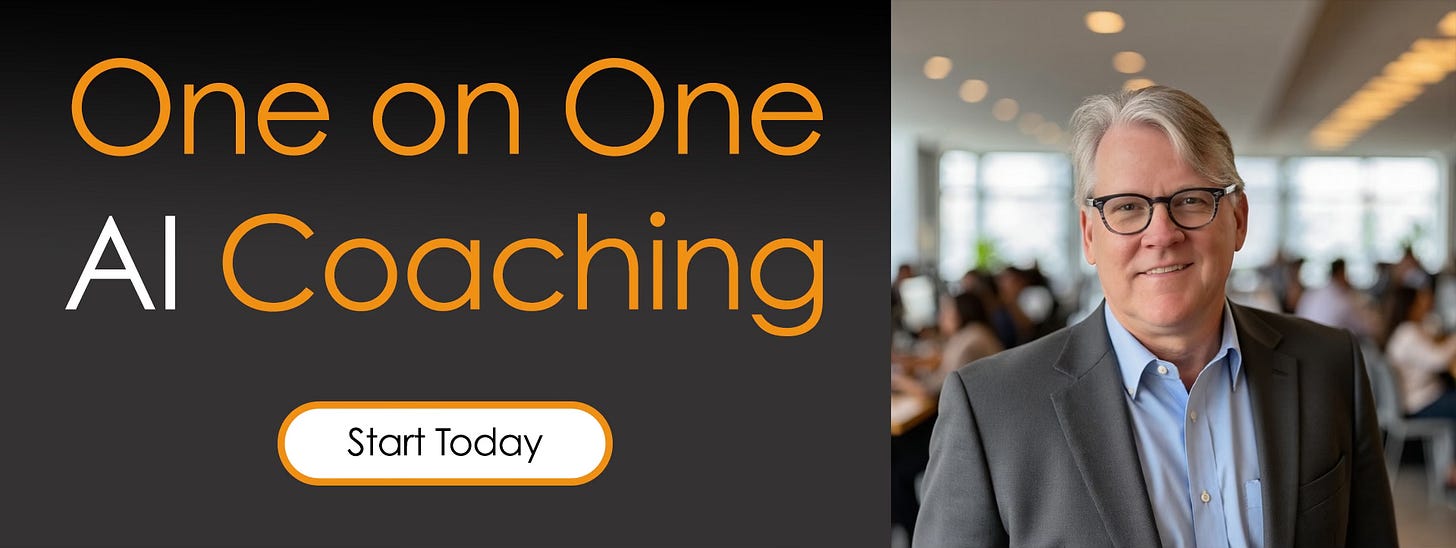Q&A with Seth Hallen
From the recent RealmIQ: SESSIONS Podcast
I had the chance to sit down with fabled entertainment and media executive Seth Hallen and discuss The Future of AI and Hollywood. This is a summary of that conversation.
Curt Doty: Seth, welcome to the show! So glad to have you here.
Seth Hallen: Thank you, Curt. Happy to be here.
Curt Doty: We’ve known each other a long time—over a decade on LinkedIn. As a former Hollywood guy, I’ve followed your journey deeply rooted in the industry. You’ve been a strong advocate for AI in Hollywood. What sparked your evolution into AI advocacy in media and entertainment?
Seth Hallen: I live and work in Hollywood, and I love this town and its industry. AI has taken Hollywood by storm. It’s the headline topic—exciting and terrifying. But at its core, AI is just the next chapter in the long history of technological evolution in our industry. Like talkies, sound engineering, or the mechanization of agriculture—new technology displaces certain tasks but creates new opportunities.
Curt Doty: That’s a great analogy. Talkies displaced thousands of theater musicians, yet created sound departments, engineers, and a whole new layer of cinema. But what about the fear today? Especially around acting, avatars, IP ownership, and writers’ rights. Is Hollywood truly adopting AI, or just tolerating it?
Seth Hallen: I think we’re moving from resistance to cautious experimentation. There’s a growing group of filmmakers and creatives embracing these tools—not to replace creativity, but to elevate it. AI can’t replicate human experience, emotion, or imagination. It’s a powerful co-pilot, helping storytellers realize their vision faster and sometimes more affordably.
Curt Doty: I love that framing. Human-centered AI. Better yet—creative-centered AI. The real magic happens when experienced editors or writers use AI as a tool, not a threat. What’s your take on independent filmmakers gaining traction with these tools?
Seth Hallen: Absolutely. AI is lowering the barrier to entry. I think we’re entering a renaissance of indie storytelling—long-form content that finds its way to mass audiences. Not just through creation tools, but through emerging monetization and audience-building platforms that let creators make a living outside traditional studio structures.
Curt Doty: That’s key. YouTube in the living room. The creator economy colliding with Hollywood. The marketing efficiency alone—one person with AI tools can rival a whole studio marketing team. Yet Hollywood is still bloated. Thoughts?
Seth Hallen: The bloating wasn’t needless—it matched the economic models of the time. But now, we’re undergoing a massive disruption. It’s not AI’s fault. It’s the result of ad revenue shifting to AI-powered platforms like YouTube and TikTok. Legacy systems haven’t kept up.
Curt Doty: Exactly. The economics changed. Streaming killed residuals. But now we’re seeing studios reintroduce ads. Is this a full circle moment?
Seth Hallen: Kind of. Television was built on sponsorship and commercials. Streaming replaced that with subscription models that aren’t sustainable for high-cost content. So yes, we’re cycling back. And AI can help optimize monetization, content discovery, and engagement—especially when user behavior is baked into the roadmap.
Curt Doty: Speaking of user behavior and innovation—what about your thoughts on AI as a new art form? Like how MTV invented music videos. Could AI video live in short form for now and then evolve into something bigger?
Seth Hallen: That’s happening already. Short-form AI content is booming. Think of it like pre-YouTube. We can’t predict the next platform or format, but visionary founders are building it. AI video isn’t a threat—it’s a new language of storytelling. Commercials, music videos, even fashion—all playgrounds for AI creators.
Curt Doty: And what about Hollywood execs? Are they onboard? Or still keeping quiet?
Seth Hallen: A bit of both. Many are quietly exploring it, but public discourse is still cautious. Fear among key creatives has kept leadership from being vocal. Until we have open dialogue and clear economic models, traction will be slow.
Curt Doty: You are indeed one of a kind. Thanks for joining us, Seth. To our listeners—follow RealmIQ Sessions on your favorite podcast platform, LinkedIn, and now BlueSky. Stay curious. Stay creative.
Seth Hallen: Thanks, Curt. Great conversation.
Watch the full episode here.
El Sailon in May
AI AND THE NEUROSCIENCE OF LEADERSHIP: How artificial intelligence impacts the algorithm of the human brain.
Lydia Knight is a paradigm-shifting author, speaker, and executive coach. Her memoir Split chronicles her deprogramming from indoctrination, while her upcoming book Thought Leader explores the personal and social impact of our thought patterns.
Curt will sit down with Lydia for a fireside chat afterwards along with presenting his AI Roundup at the beginning.
Doors open at 5:30PM. Event begins at 6PM. Light refreshments will be served.
Thanks to Kerry Young at Boxcar. Eric Renz-Whitmore for continuing to support these lecture series and to the City of Santa Fe Office of Economic Development, Hutton Broadcasting, and Daniel Quat Photography for their support.
This is now a paid event of $10 per attendee. Proceeds from this event support El Sailon. Buy your tickets now at EventBrite, even if you signed up on Meetup. You can still pay at the door.
TICKET PORTAL NOW OPEN. CLICK HERE.
Want to advertise in RealmIQ+ or our Podcast?
If your company is interested in reaching an audience of AI professionals and decision makers, you may want to advertise with us.











